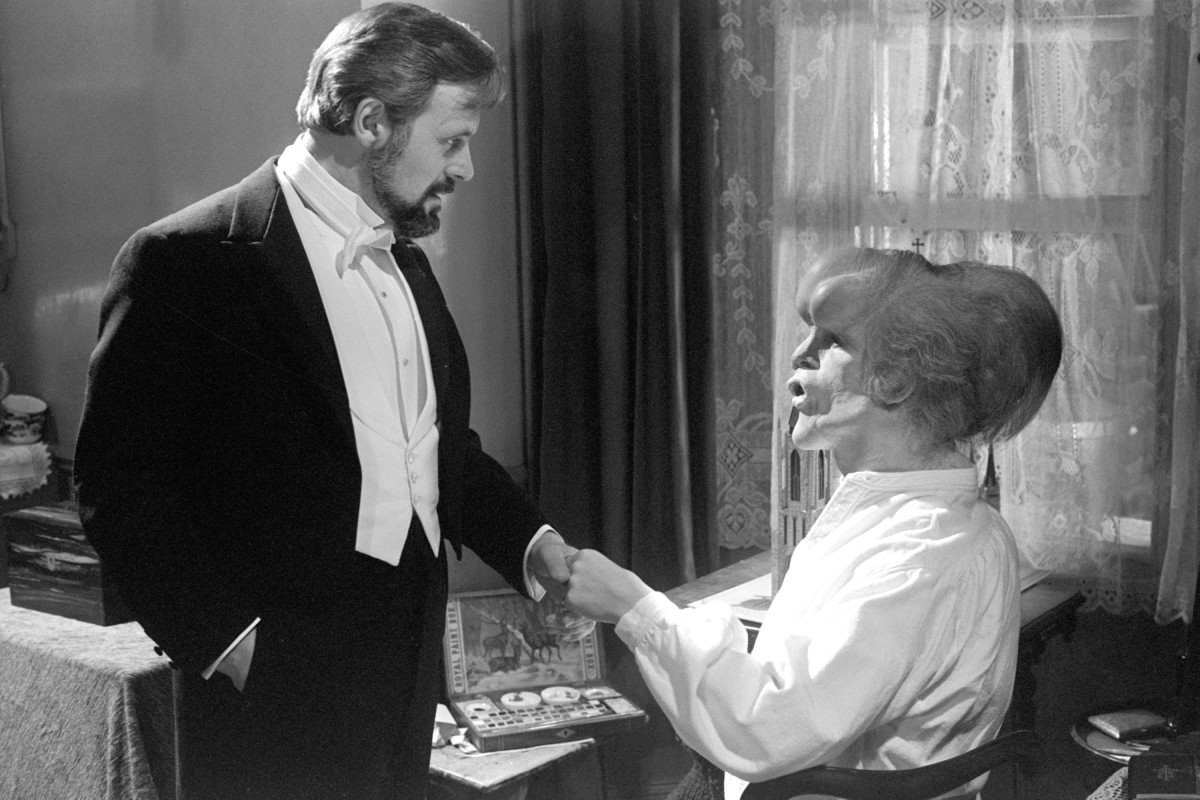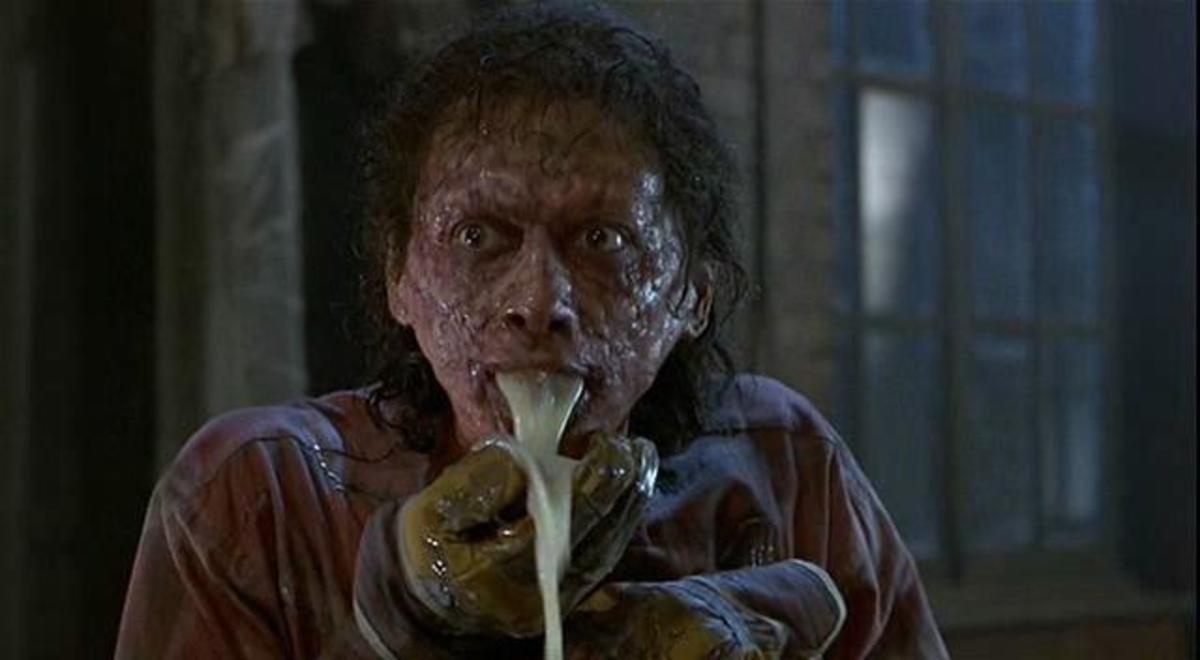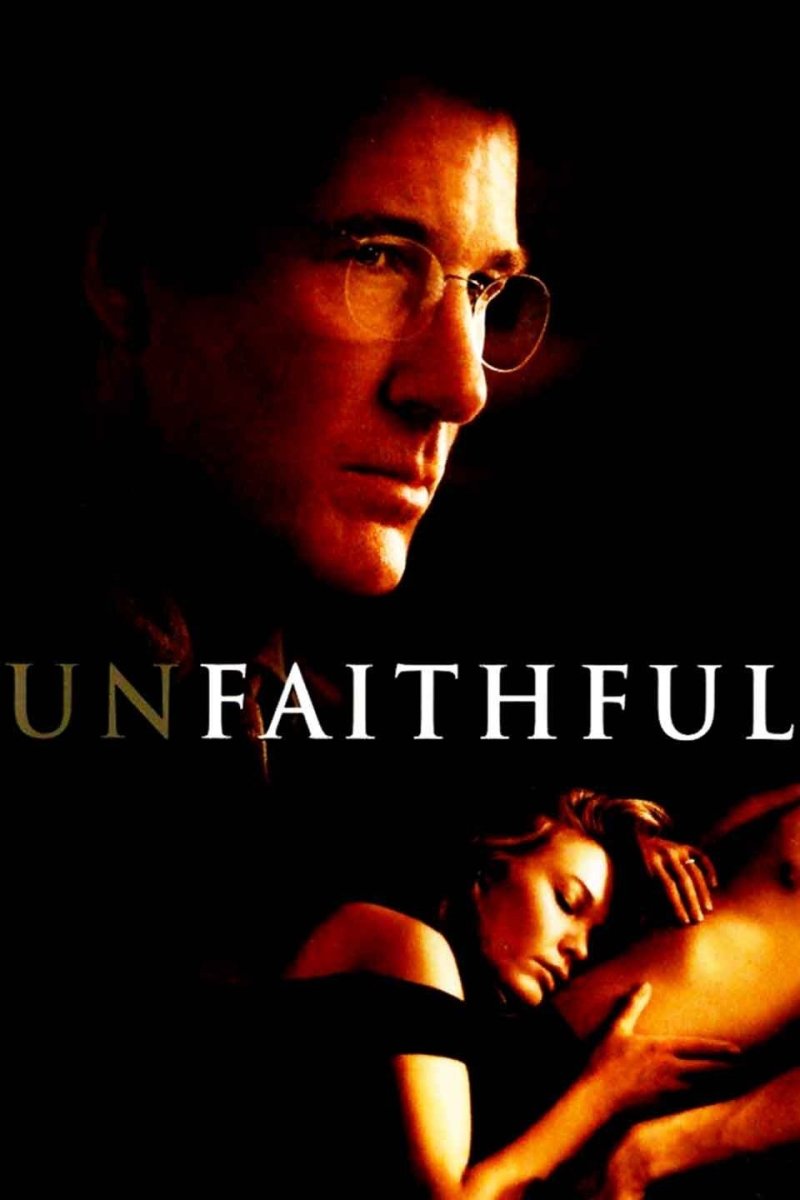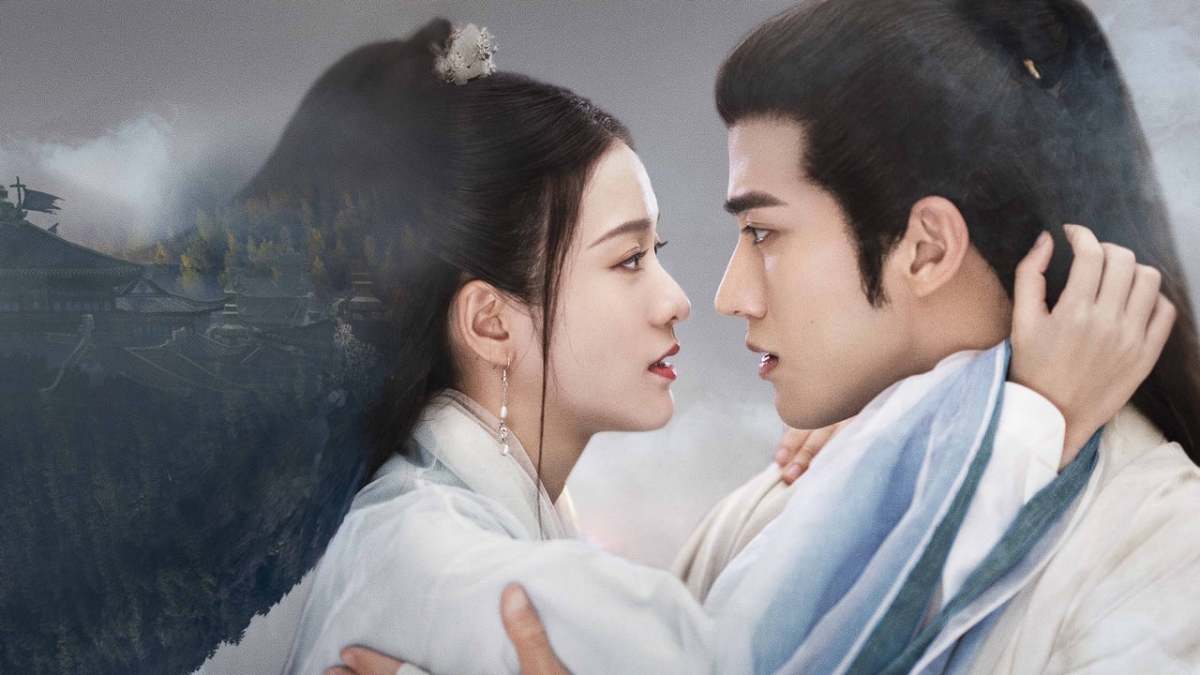Film in 1951: "The African Queen"--A Timeless Tale of Survival and Transformation
The African Queen Trailer
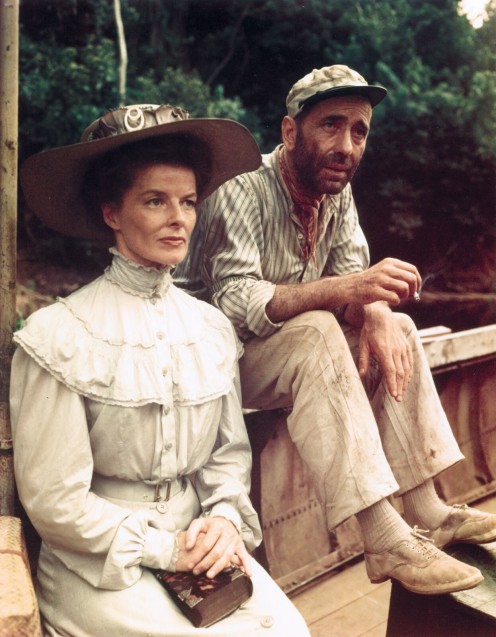
Overview and Background
The African Queen, directed by John Huston in 1951, is based on the novel by C.S. Forester, the film stars Humphrey Bogart and Katharine Hepburn, whose exceptional performances bring to life a story of survival, resilience, and transformation. Bogart’s portrayal of Charlie Allnut won him the Academy Award for Best Actor, cementing his place as a Hollywood legend. Hepburn's virtuosic grace as Rose Sayer adds depth and poignancy to the narrative, making the pairing an unforgettable duo.
The Story: A Journey of Survival
Set during World War I in the African jungle, The African Queen tells the tale of two unlikely companions who embark on a treacherous journey aboard a small, ramshackle steamboat. Charlie Allnut, a coarse and cynical mechanic, and Rose Sayer, an upright and determined missionary, are brought together by the devastation of war. After German forces destroy Rose’s mission village, the pair decide to navigate dangerous waters to strike back against the enemy by turning their modest vessel into a torpedo to sink a German gunboat.
The journey is fraught with peril, from raging rapids to debilitating sickness and encounters with hostile forces. The survival story unfolds as both characters learn to rely on one another, going from mutual annoyance to camaraderie, and ultimately, romance.
Christian Perspectives on the Story
As a missionary, Rose embodies a sense of righteousness and purpose, which drives her decision to embark on the dangerous mission. Her unwavering faith contrasts with Charlie’s initially skeptical and self-serving attitude.
The film touches on Christian ideals of forgiveness and transformation. Charlie’s character arc mirrors a journey of redemption as he gradually sheds his cynicism and selfishness to embrace bravery and loyalty. Rose’s influence—and her steadfast belief in doing what is right—acts as a catalyst for this change.
Christian Content in the Film
Beyond thematic elements, The African Queen features overt Christian symbolism and dialogue. Rose’s devotion to her late brother, a fellow missionary, underscores her commitment to spreading spiritual values even in the harshest circumstances. The imagery of the African jungle, with its untamed beauty and dangers, evokes the biblical notion of wilderness as a testing ground for faith. The interplay between Rose’s prayers and her determination to act reflects the balance between trust in divine providence and human initiative.
An Incredible Journey of Survival
The pair face nature’s wrath in the form of turbulent rivers, swarms of biting insects, and oppressive heat. Yet, what makes the film remarkable is the emotional and psychological survival at its core. As the characters persevere through physical challenges, they also confront their vulnerabilities, prejudices, and fears.
The cinematography captures the beauty and danger of the African landscape, immersing viewers in the harsh reality of their journey. The gradual deterioration of the steamboat, along with the protagonists’ physical exhaustion, adds a palpable sense of realism to their struggle.
Unlikely Companionship and Great Performances
The heart of The African Queen lies in the relationship between Charlie and Rose—two people who, under normal circumstances, would likely have never crossed paths. Their differences are stark: Charlie is rough-edged and unpolished, while Rose is prim, proper, and resolute. Initially, their interactions are marked by irritation and misunderstanding. However, as the journey progresses, mutual respect blossoms into affection.
Humphrey Bogart and Katharine Hepburn deliver performances that elevate this unlikely bond. Bogart’s portrayal of Charlie reveals layers of vulnerability beneath his gruff exterior, while Hepburn’s Rose is a brilliant blend of steely determination and tender humanity. Together, they create a chemistry that is both poignant and deeply believable.
Conclusion
With its masterful performances, compelling narrative, and stunning backdrop, the film remains a testament to the power of storytelling. Rose and Charlie’s journey, both physical and emotional, reminds us that even in the unlikeliest of circumstances, companionship and courage can triumph against the odds.
Main Cast: Humphrey Bogart, Katharine Hepburn. Based on the novel by C.S. Forester. Screenplay by James Agee, John Huston, Peter Viertel, and John Collier. Cinematography: Jack Cardiff. Editor: Ralph Kemplen. Sound: John Mitchell and Walter Goss. Music: Allan Gray. Director: John Huston. Released December 26, 1951.
© 2025 Peter Veugelaers

